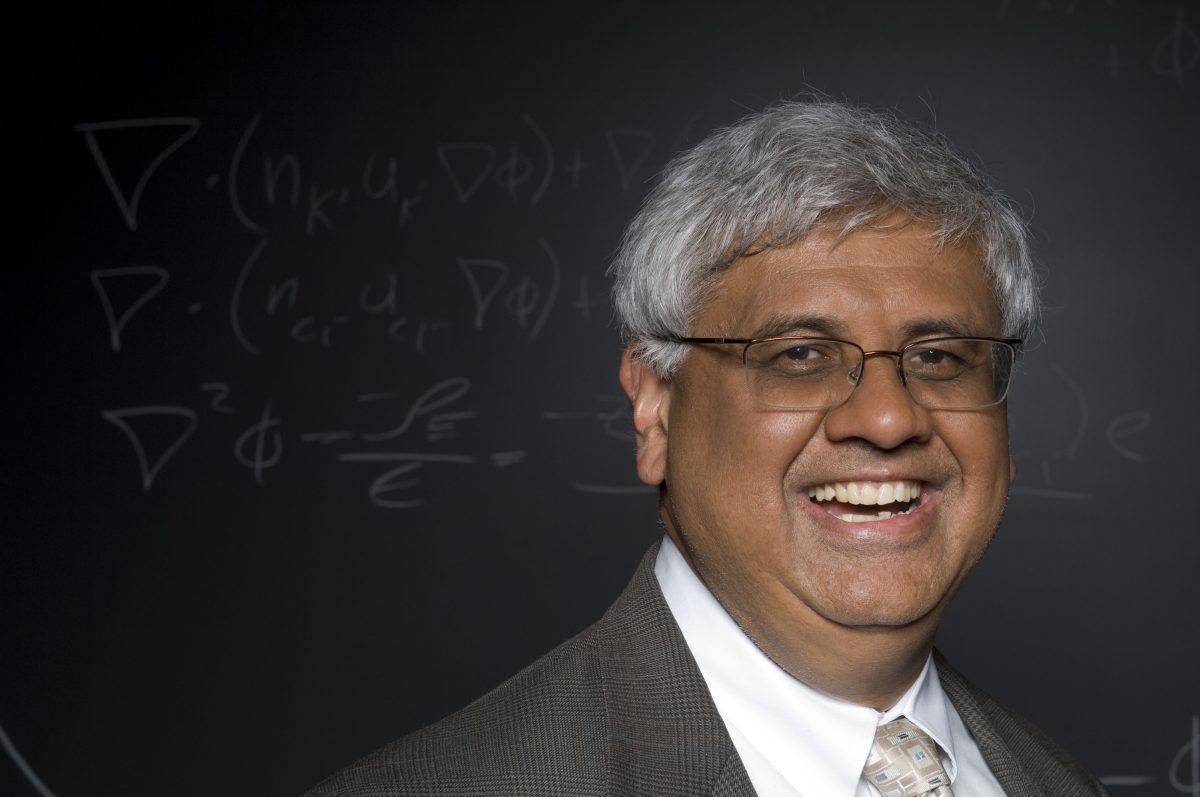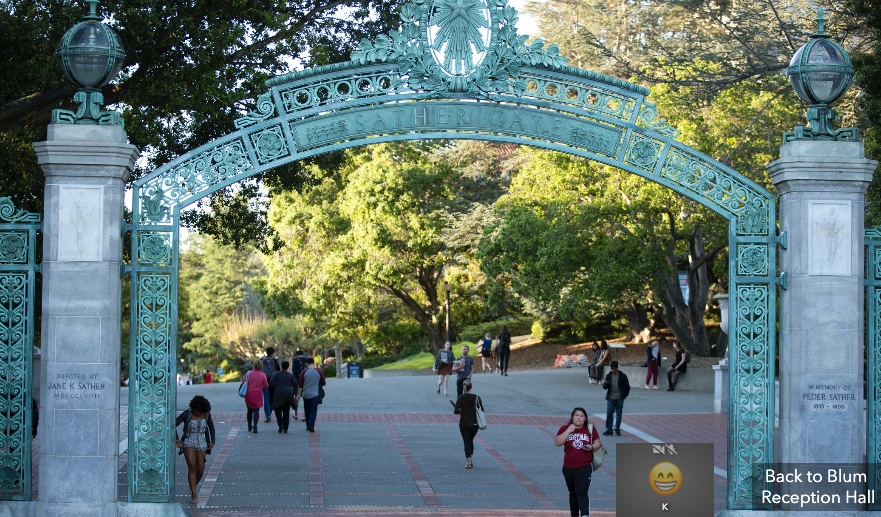At the Blum Center, 2020 was a year of unprecedented adaptation and innovation due to the COVID-19 pandemic. Like all centers and schools, we shifted to online teaching, advising, and working — as well as to racing to come up with solutions for mitigating the spread of the virus at home and abroad. The United Nations Development Programme estimated the socioeconomic fallout from COVID-19 for poor countries could take years to recover from, with income losses expected to exceed $220 billion and nearly half of all jobs in Africa lost. The March 2020 report states: “With an estimated 55 percent of the global population having no access to social protection, these losses will reverberate across societies, impacting education, human rights, and, in the most severe cases, basic food security and nutrition. Underresourced hospitals and fragile health systems are likely to be overwhelmed. This may be further exacerbated by a spike in cases, as up to 75 percent of people in the least developed countries lack access to soap and water.” This means we must double our efforts in terms of funding, collaboration, and new life-saving technologies and programs. At the Blum Center and around the UC Berkeley campus, there has been a plethora of COVID-19 responses to meet this challenge and help developing and developed countries alike. The first target of a new AI research consortium, the C3.ai Digital Transformation Institute (of which I am co-director), addressed the application of machine learning to mitigate the spread of COVID-19.
Blum Center Research Director Dan Fletcher has worked around the clock to adapt the fluorescence microscopy function of his lab’s mobile phone microscope, the CellScope, to assist in rapid testing. Dan and his colleagues are collaborating with virology expert Melanie Ott of the Gladstone Institutes and CRISPR pioneer Jennifer Doudna, among others, to provide the rapid remote detection portion of the team’s CRISPR-based COVID-19 RNA detection method. Their goal is to provide test results in less than 15 minutes. Meanwhile, a coalition of UC Berkeley engineers led by Mechanical Engineering Professor Grace O’Connell, a member of our Graduate Group in Development Engineering, has been working to turn sleep apnea machines into ventilators for use in under-resourced hospitals and clinics. And Development and Mechanical Engineering student Paige Balcom prolonged her stay in Uganda, where there are 55 ICU beds with oxygen for a population of nearly 43 million people, using Big Ideas funding for her social enterprise Takataka Plastics to manufacture face shields for local medics. As we ready to launch the UC Berkeley Master in Development Engineering (see details about this from Alice Agogino in the following pages), we will continue the Blum Center commitment to educate changemakers and foster innovative solutions to global problems. The year 2020 has given us unprecedented challenges. We aim to meet as many of them as possible. Fiat Lux!



